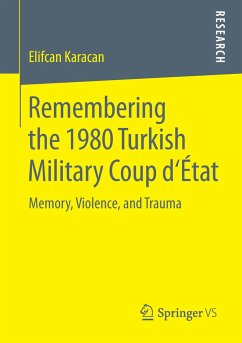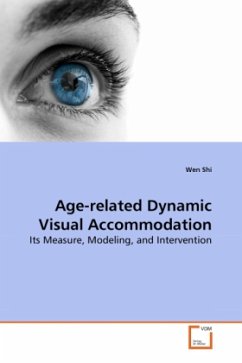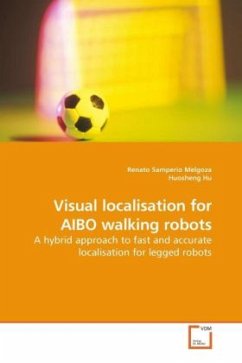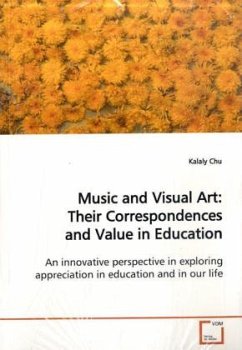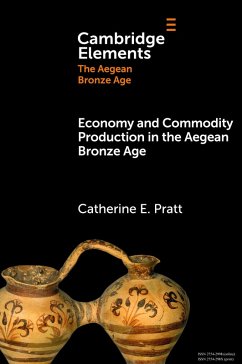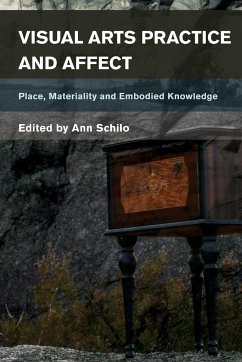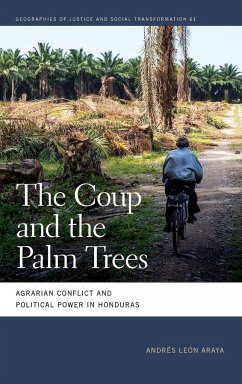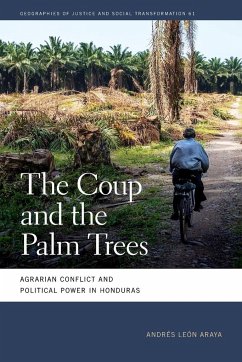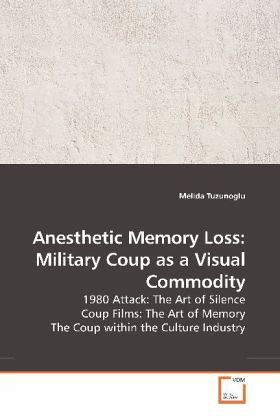
Anesthetic Memory Loss: Military Coup as a Visual Commodity
1980 Attack: The Art of Silence Coup Films: The Art of Memory The Coup within the Culture Industry
Versandkostenfrei!
Versandfertig in 6-10 Tagen
32,99 €
inkl. MwSt.

PAYBACK Punkte
16 °P sammeln!
The 1980 military coup in Turkey was the manifestation of physical coercion of the military-state, repressing and subjugating the members of society through violence, arrests, tortures and death penalties. The effects of this traumatic event led to a silenced society and forms of collective avoidance of expressing the memories of the coup, creating secrecy for the post-1980 period. In the year 2004, however, a series of coup films emerged, for the first time, giving a visual expression to this key event. My thesis explores the mechanisms which determined the after-coup period, and examines its...
The 1980 military coup in Turkey was the manifestation of physical coercion of the military-state, repressing and subjugating the members of society through violence, arrests, tortures and death penalties. The effects of this traumatic event led to a silenced society and forms of collective avoidance of expressing the memories of the coup, creating secrecy for the post-1980 period. In the year 2004, however, a series of coup films emerged, for the first time, giving a visual expression to this key event. My thesis explores the mechanisms which determined the after-coup period, and examines its current mnemonic representation within the films. The study, based on content analysis of five films Vizontele Tuuba (2004), Babam ve Oglum (My Father and Son, 2006), Beynelmilel (International, 2006), Eve Donus (Return to Home, 2007) and Zincirbozan (2007), inquires into the representations of mechanisms of silence/secrecy, repression and ideology which have also negatively affected the expression and formation of collective memory. While the films do not merge into a uniform collective memory scheme, this study also opens up further questions of commerciality of the coup films.



